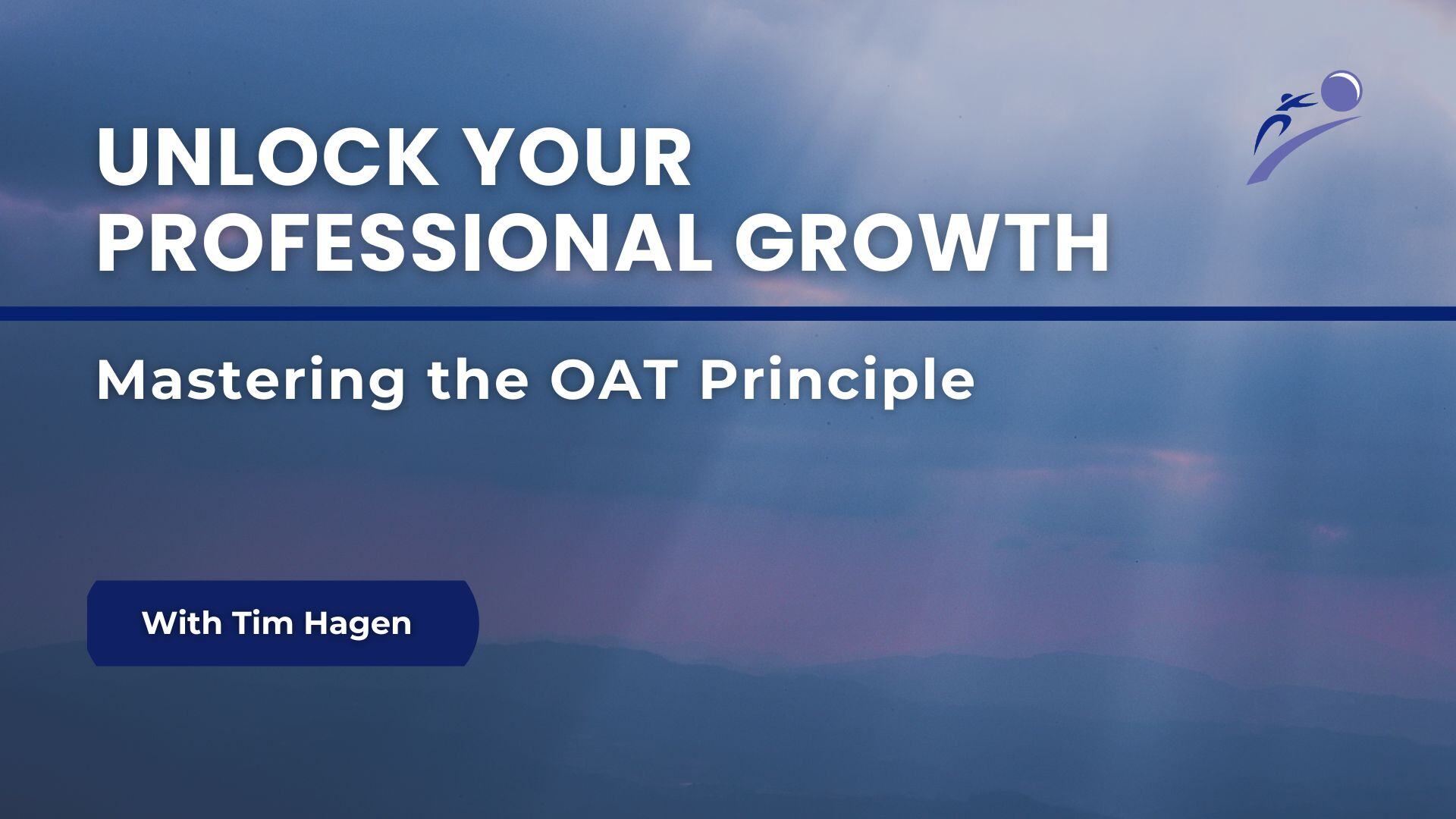
You are contemplating introducing a coaching program for your managers but they are reluctant and quite frankly fearful of how they are going to incorporate it into their already busy schedule. Chances are that managers are already doing some form of coaching. Coaching is about helping employees perform better on a day-to-day basis.
Managers should consider the conversations they are already having with their employees. A typical conversation might go something like this: Manager – Good morning Mary, what does your schedule look like today? Mary – Hi Bill, I am continuing to work on that proposal for ABC Company. Manager – How is that going for you? Mary - Oh, it is coming along but finding the right way to strategically price the service over the next five years is frustrating. Manager - Well, you know my door is open if you need some advice. I have an extremely busy day today so I am having secretary take all my calls.
That 30 second engagement between a manager and an employee is typical and ineffective. If the manager were to take time to coach the employee’s concern, the employee would have a much more productive day, feel valued by the manager and generally be motivated to continue performing at a high level.
At Sales Progress A Training Reinforcement Company, we use tried and true coaching types and techniques that are useful in varying situations. One of our highly effective techniques is the use of coaching questions and strategic interactions. Conversations happen all day between managers and employees but are they effective, engaging and significant?
In the above scenario, based on the busy schedule of the manager that day, Sales Progress might suggest that rather than ask Mary a close ended question, ask a rating question.
For example, Mary, on a scale of 1-5 (1 being very uncomfortable and 5 being very comfortable) how would you rate your comfort level in fine tuning this proposal to meet your deadline? Mary, in turn might say (2 – uncomfortable). This is an opportunity for the busy manager to utilize a coaching technique. In this circumstance, peer-to-peer coaching would be ideal as it saves the manager time and leverages other resources and expertise. Mary will benefit from a coworkers help and appreciate her manager for hearing her concern and acting on it. Incidentally, the manager spent the same amount of time as in the original scenario but the results of coaching are positive and productive.
Every conversation is an ideal opportunity to coach employees and the reality is that the outcome will either be positive or negative based on the type of conversation you choose to have. Managers who are fearful of coaching need to consider whether or not their current form of engagement with their employees is working.






